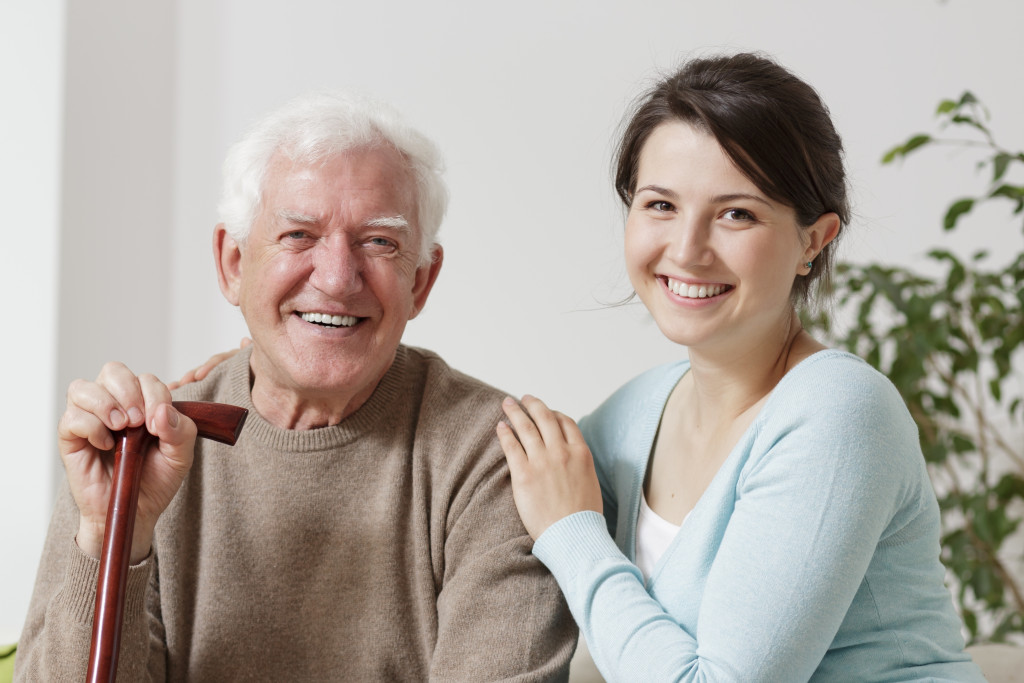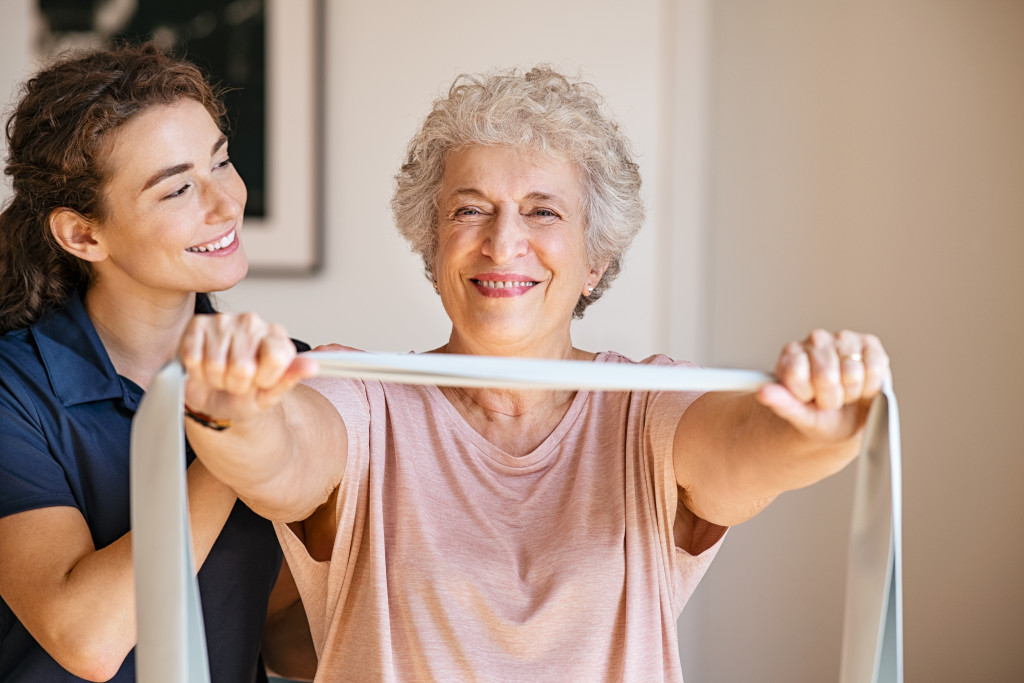- Nurses provide medical attention, long-term treatment, and emotional support to accident victims.
- They ensure the proper use of tools and monitor patients for any changes in behavior or physical condition.
- Nurses also educate patients on safety measures and help them maintain independence after an accident.
- Finally, they offer advice to reduce the risk of further injury or illness and provide updates to family members.
Startlingly, an eye-opening number of nonfatal preventable injuries were suffered in 2021, with 62 million people–approximately 1 in 5–seeking medical assistance. The fatality rate was also much higher than the previous year at 67.8 deaths per 100,000 population – a jump from the 2020s 34.0 fatalities per 100,000, representing an 11.9 percent increase and doubling since 1992! To break it down further:
- Home death rates spiked by 13 percent.
- Motor vehicle fatalities increased by 11 percent.
- Public deaths rose by 10.5 percent.
- Work-related casualties saw an 8.8 percent growth compared to last year’s data.
Accidents are an unavoidable part of life, and more often than not, they come with serious physical and emotional implications. It’s important to note that nurses play a vital role in helping accident victims get back on their feet and return to health. This blog post will discuss how nurses help accident victims recover after an incident.
Nurses Assist in Medical Treatment

The most obvious way nurses help accident victims is by providing medical attention immediately after an accident. Depending on the severity of the injury, nurses can provide emergency care such as stabilizing broken bones, suturing wounds, applying dressings, and administering medication. They also observe the victim for any changes in behavior or physical condition that could indicate further medical issues.
Long-Term Treatment
In addition to emergency care, nurses can also provide long-term treatment for accident victims who have suffered severe injuries or illnesses due to their accidents. This may include administering medications, monitoring vitals and symptoms, providing wound care, and educating about lifestyle changes necessary for recovery from injury or illness. Nurses also play an essential role in ensuring patients can access follow-up care with specialists.
Use Proper Tools
Nurses must also ensure they use the proper tools and techniques to properly treat accident victims. This may include ensuring that sterile instruments, gauze, and other necessary items are readily available before providing medical care. They should use reliable medical skin adhesives to ensure surgical dressings do not come off easily. Similarly, the adhesive can keep medical instrumentation requiring skin contact from falling off. The adhesive should also be skin-friendly and designed for skin-contact wearable devices. Proper use of tools can help prevent further injury or illness and speed up the patient’s recovery time.
Nurses Provide Emotional Support
Accidents are often traumatic events that leave victims feeling scared and alone. Nurses provide invaluable emotional support during this challenging time by offering comfort and reassurance while patiently listening to any concerns or questions the patient may have about their condition or treatment plan. They can also connect patients with other mental health professionals, such as therapists or counselors.
Updates to Family
Nurses are also instrumental in providing the patient’s family members with updates on their loved one’s condition and helping them cope. Nurses provide a unique and invaluable service to those needing medical care, not just through physical healing but also by offering emotional support during difficult times.
Independence of Patients
Nurses are also instrumental in helping patients maintain their independence. They provide ongoing education and instructions on managing chronic illnesses or disabilities and help patients with physical needs such as bathing, dressing, mobility, etc. This helps the patient remain independent while still receiving proper medical care.
Nurses Educate Patients About Safety Measures
Once a patient is discharged from the hospital following an accident, nurses can offer advice about safety measures that should be taken at home to reduce the risk of further injury or illness due to their condition. This includes information about proper body mechanics when lifting heavy objects, avoiding unsafe activities, and using protective equipment in activities that involve the potential risk of head trauma.
Reduce Self-Harm

By helping patients understand how to protect themselves from further harm due to their condition, nurses help minimize potential long-term complications and ensure a safe recovery process for all involved parties.
Nursing is vital in helping accident victims return to health after an incident. From providing medical attention immediately after an accident through long-term treatment plans to educating patients on safety measures they should take at home once they’ve been discharged from the hospital—nurses are there every step of the way throughout a patient’s recovery process from start to finish! By offering medical attention and emotional support during difficult times, nurses genuinely go above and beyond in assisting those affected by accidents to get back on track toward better health!






